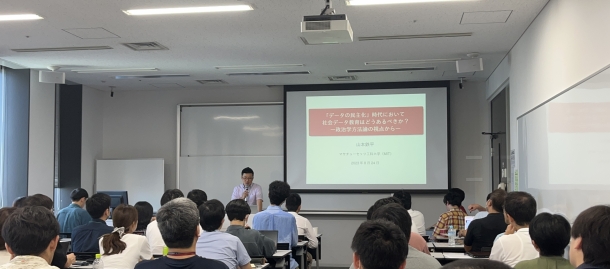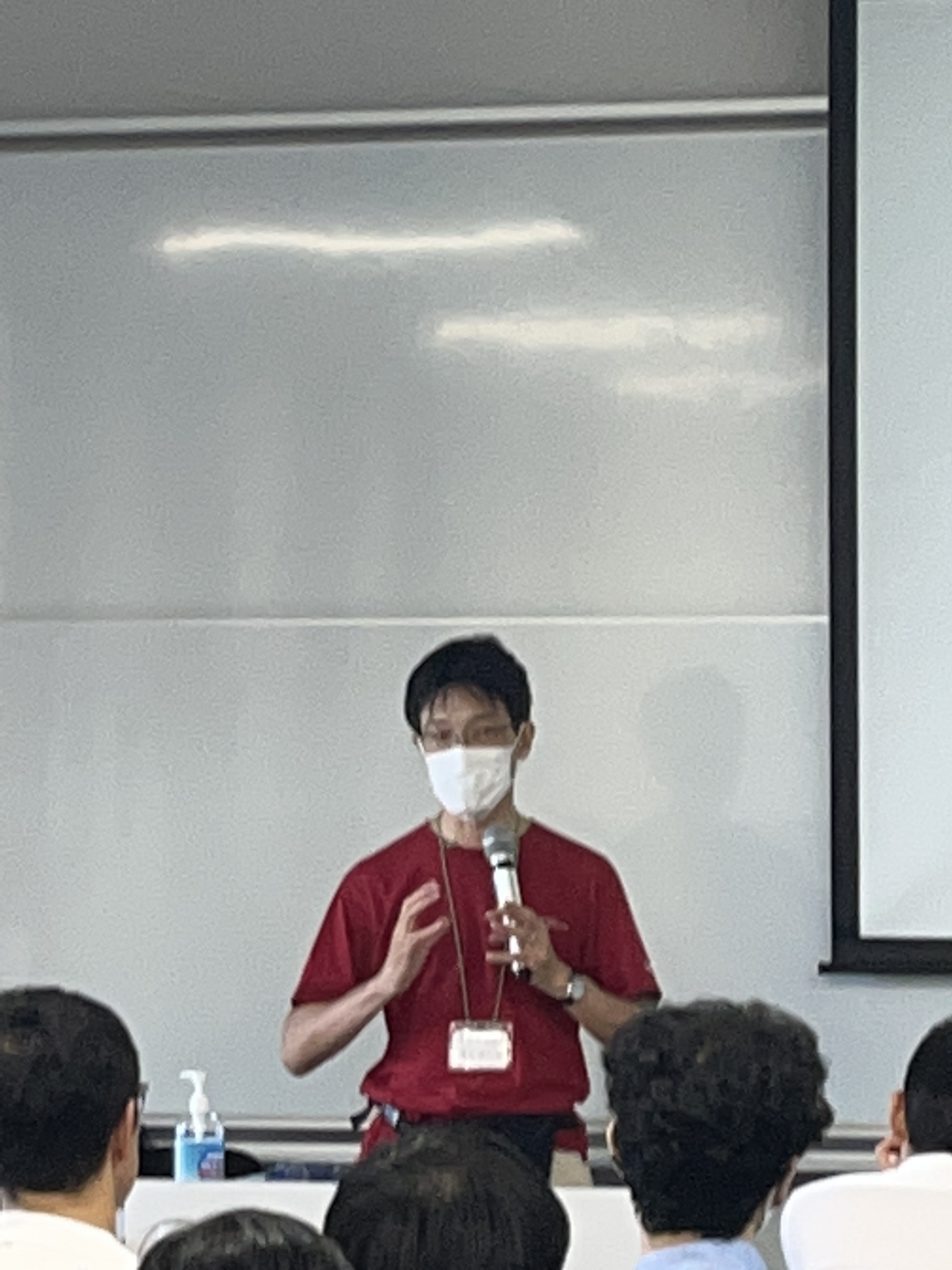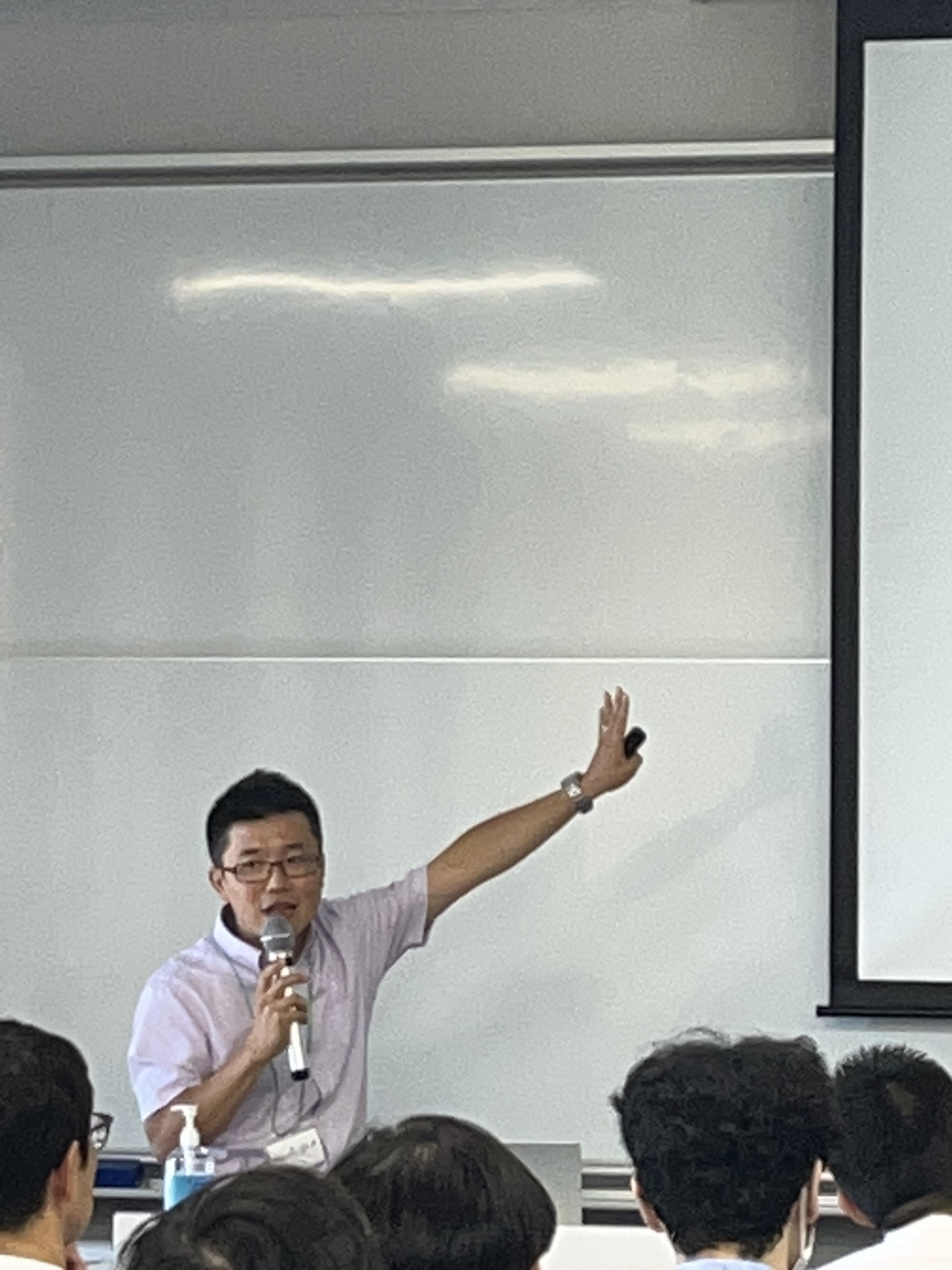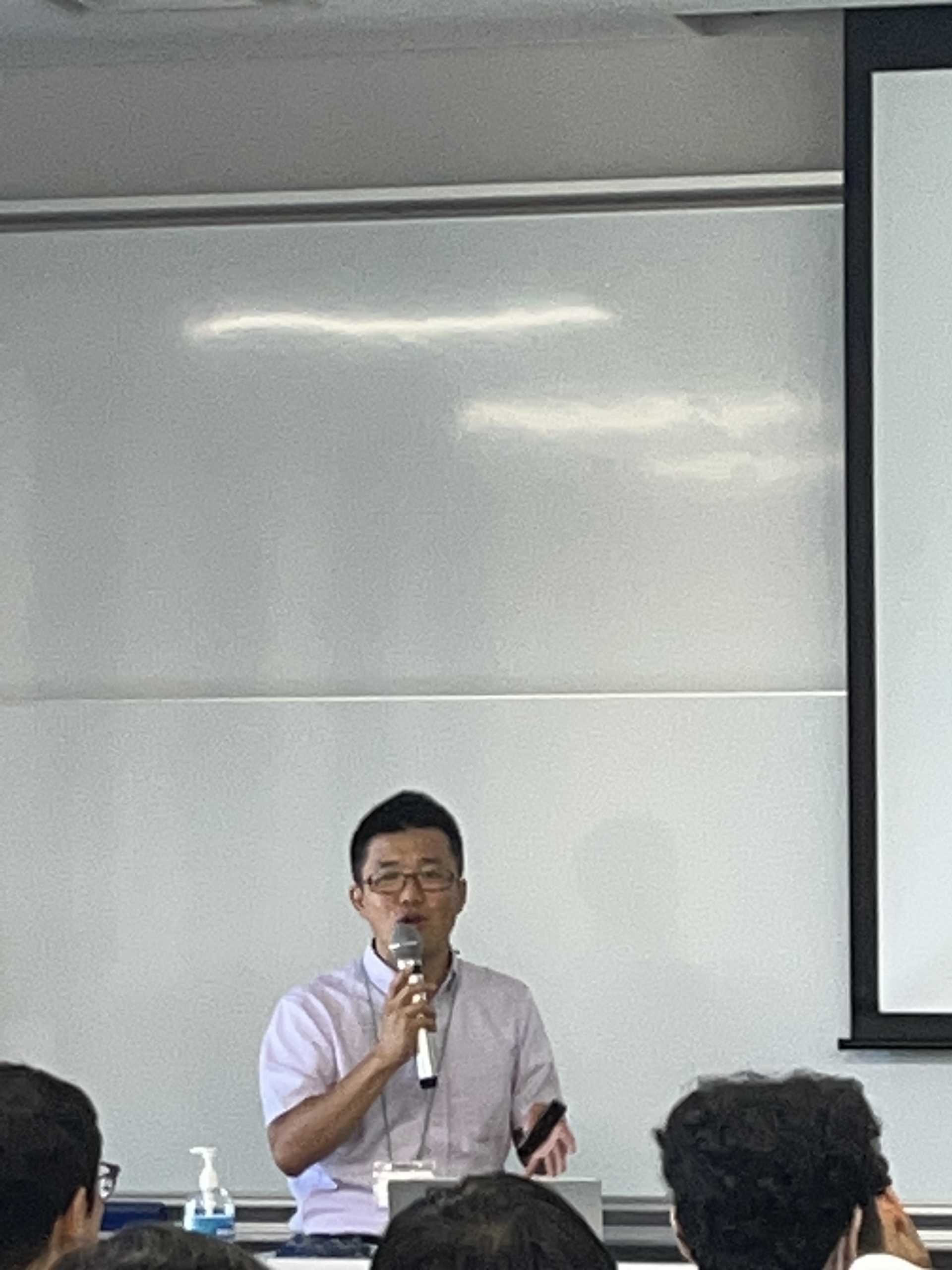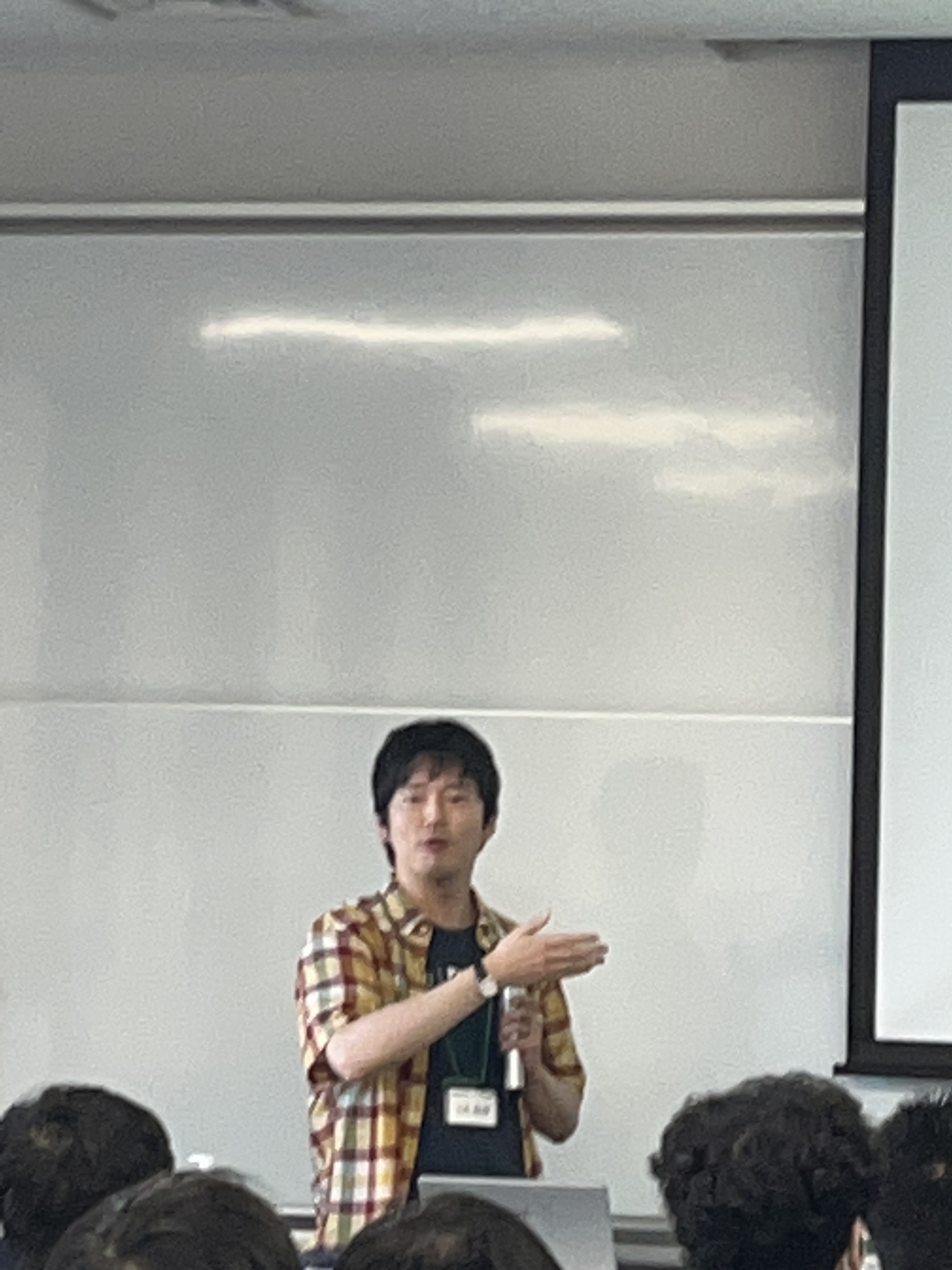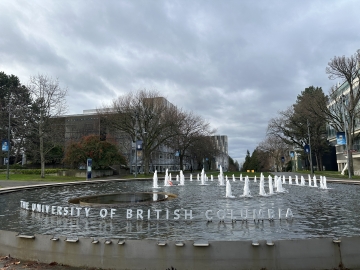The Center of Positive/Empirical Analysis of Political Economy held a public symposium “Considering Political Methodology Education” with Prof. Teppei Yamamoto (Professor, Department of Political Science, Massachusetts Institute of Technology) on August 24, 2023.
Prof. Yamamoto has made a number of important contributions to the field of political science methodology and has an outstanding international record. This invitation was made possible through the “Academic Leader Invitation Program”, which aims to develop education and research activities by inviting researchers with outstanding international achievements and leadership positions to Waseda University.
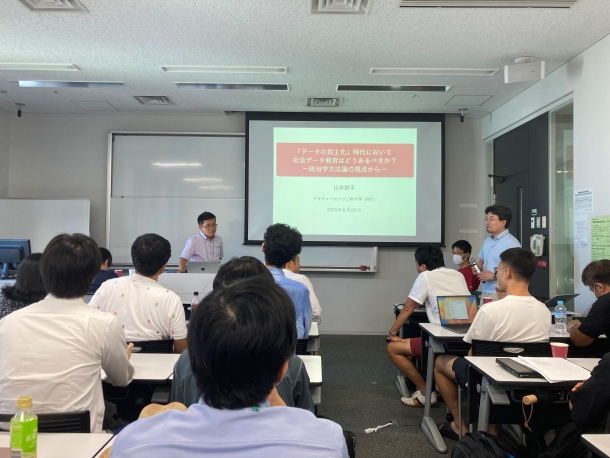
During his stay at Waseda University, Prof. Yamamoto gave an intensive lecture on causal inference, and at the public symposium, Prof. Yamamoto gave a key note lecture titled “Considering Political Science Methodology,” with Prof. Kentaro Fukumoto of Gakushuin University and Assistant Prof. Hiroki Shiraito of the University of Michigan as panelists.
More than 70 students, professors and researchers from inside and outside the university attended the symposium and interacted with Prof Yamamoto during the Q&A session. The panelists discussed the future of methods education in political science from many perspectives, including questions and comments from the floor.
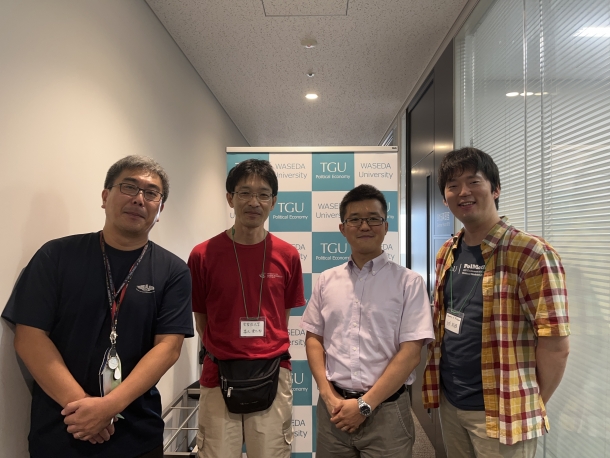
Prof. Yamamoto’s argument was that the overwhelming majority of data in data science in the era of data democratization (Data Democratization) is data about society, which requires human resources trained in the social sciences and capable of using data to do science, and that political methodologists are systematically engaged in such education. He explained that political methodologists are the ones who can systematically engage in such education. Based on this, he indicated the importance of a series of education phases: (1) the social science phase, in which problems are exemplified and presented and their backgrounds are explained theoretically; (2) the statistics and machine learning phase, in which solution methods are introduced and explained theoretically; and (3) the coding and techniques phase, in which the methods are implemented and used.
